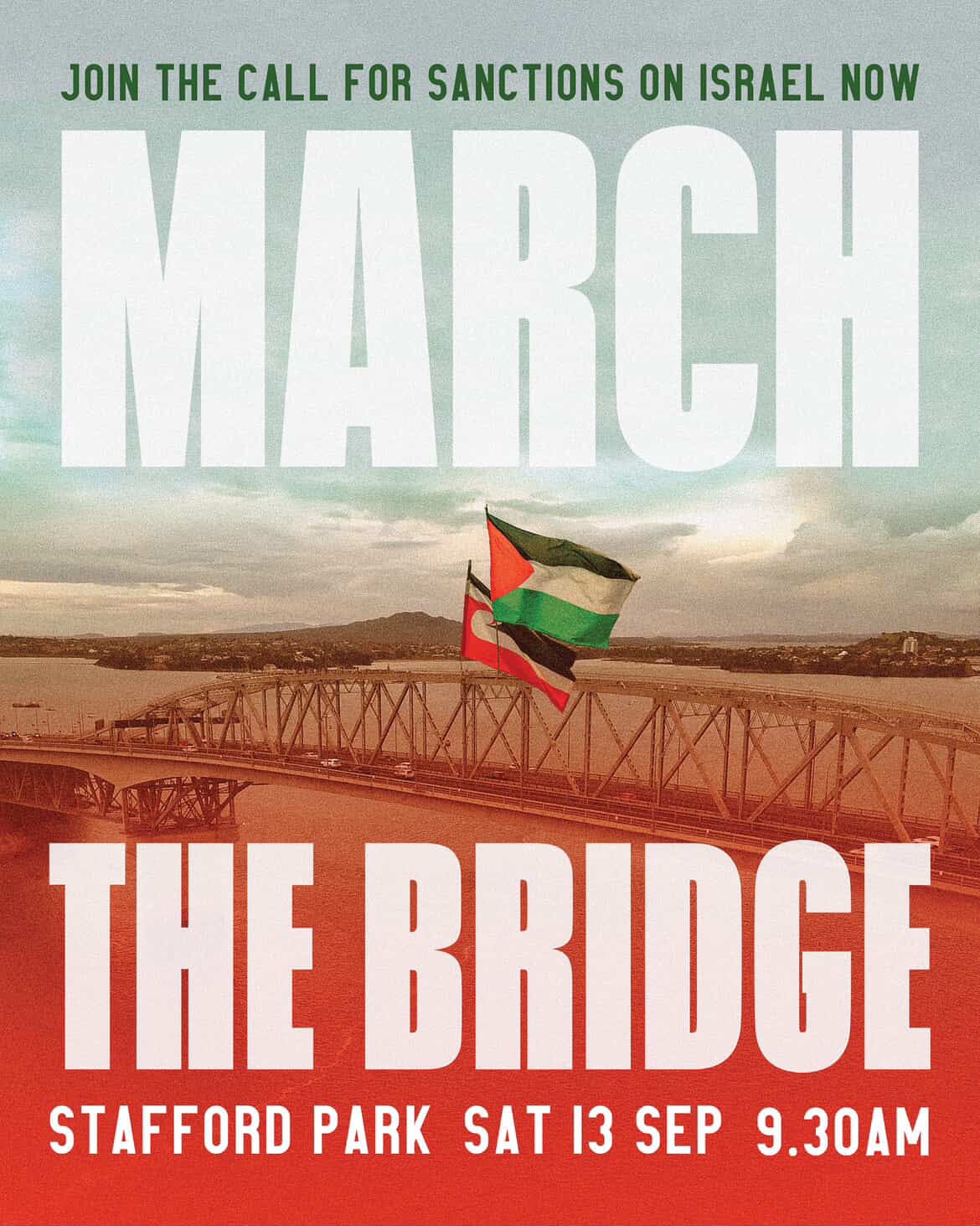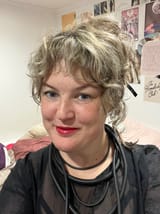What happened to our country?
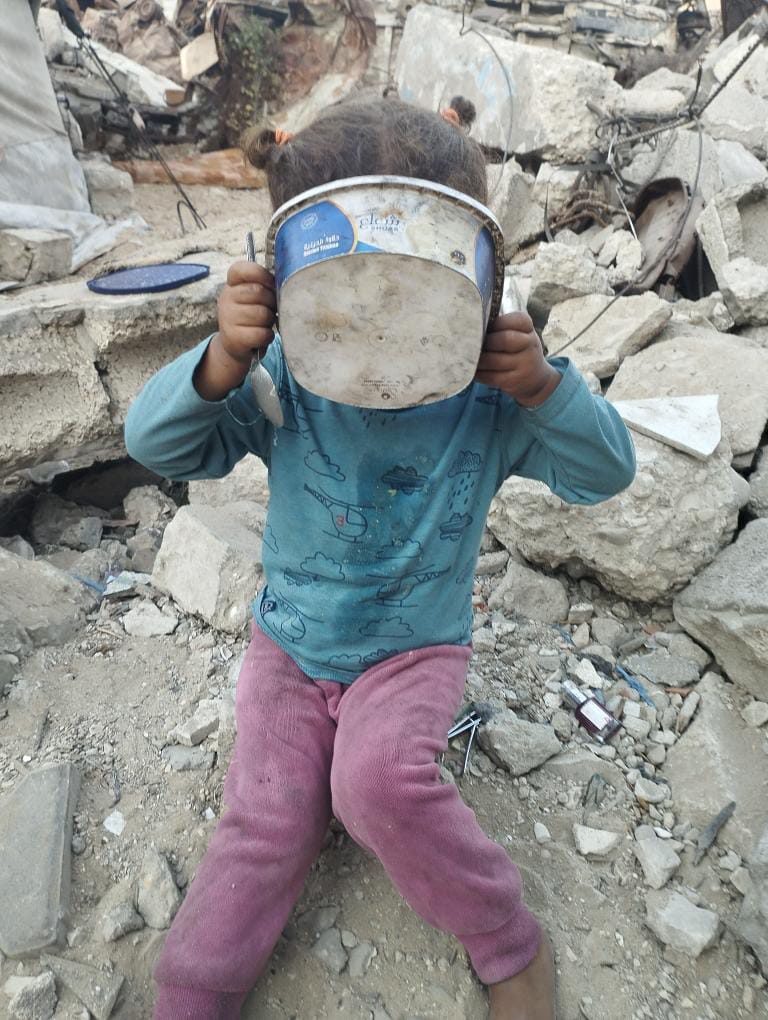
Introducing a special collaboration between Aotearoa + Gaza.
Aotearoa was once a place renowned for its courage. Despite a dark colonial history that still causes significant harm today, as a country, we have fought to do better. Our history reveals what used to matter to our country, the 1893 fight for Women’s Suffrage, the 1913 Great Strike, the 1981 Springbok tour and the Nuclear-free New Zealand campaign.
That courage, that spirit of justice, is nowhere to be found when it comes to Israel’s brutal genocide and ethnic cleansing of Palestinians.
Our reputation is in tatters, and we can never claim to be a country that stands up for what is right, regardless of what the US thinks, if we don’t act immediately.
Today marks the first piece in a series I hope to do with researchers and Journalists in Gaza. I have known Dr Jehad Malaka’s wife, Yasmine, for just over a year.
I have commissioned Dr Malaka and will pay him as a journalist to share his views as both a Palestinian trying to survive a genocide and as an expert researcher.
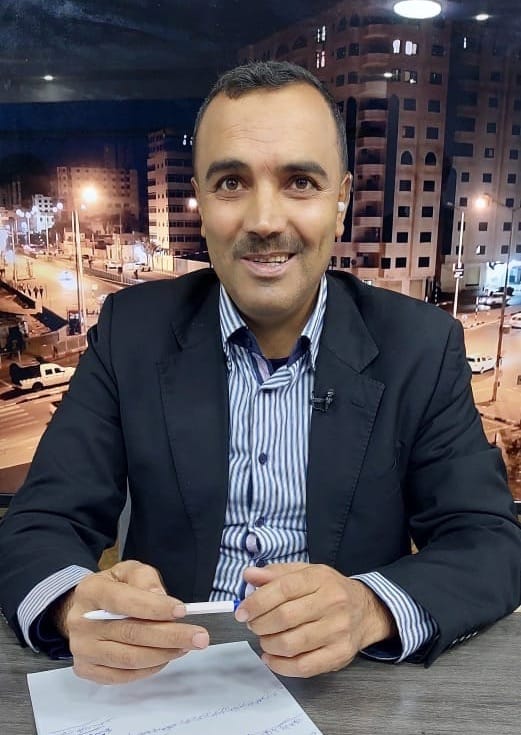
Dr Malaka holds a Ph.D. in Political Science and International Relations, with expertise in conflict resolution, international law, and humanitarian crises.
Alongside his academic role, Dr. Malaka is engaged in grassroots humanitarian efforts in Gaza, including providing food and essential supplies to displaced families. This unique combination of lived experience, academic expertise, and fieldwork allows him to offer critical insights into the ongoing genocide and its broader implications for international justice and global politics.
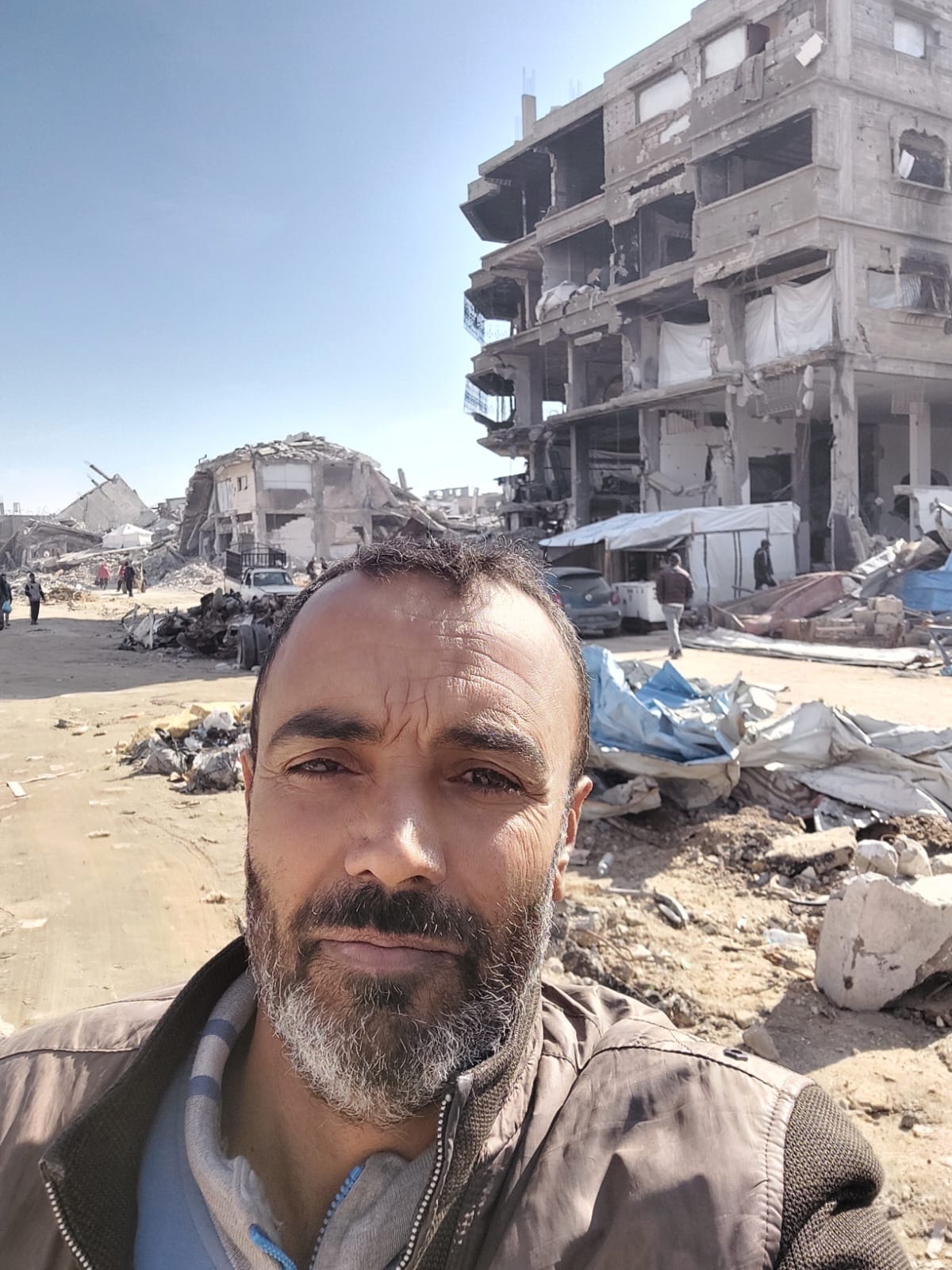
Emily: Before we share your writing, Dr Malaka, can I ask – how are you? It seems such a terrible question, given what you’re going through.
Dr Malaka: Thank you, Emily. It is a difficult question because, in truth, we are surviving rather than living. Each day brings new losses, new grief, and new challenges, but at the same time, we are holding on because giving up is not an option. I try to focus on small acts of resilience, like helping neighbours with water or finding ways to keep my family safe. There are moments of exhaustion and despair, of course, but there is also an inner strength that comes from knowing our voices matter, and that the world must hear what is happening here. So I would say: I am alive, I am enduring, and I am determined to speak the truth.
Emily: What was your life like before the genocide began?
Dr Malaka: Before the genocide, life in Gaza was already very difficult. The siege meant shortages of electricity, clean water, and medical care. But even within those limitations, we had a rhythm of life, a sense of community, and dreams for the future. I was working as a researcher and lecturer, raising my children with Yasmine, and trying to build a life of dignity despite the restrictions.
We celebrated small joys - a family meal, a child’s laughter, the solidarity of neighbours. Those things gave us hope and the will to continue. Now, much of that has been shattered. Our lives are consumed by survival, by grief, by loss. But I carry with me the memory of that “normal” life, and the belief that our people deserve to return to it, free from fear and oppression.
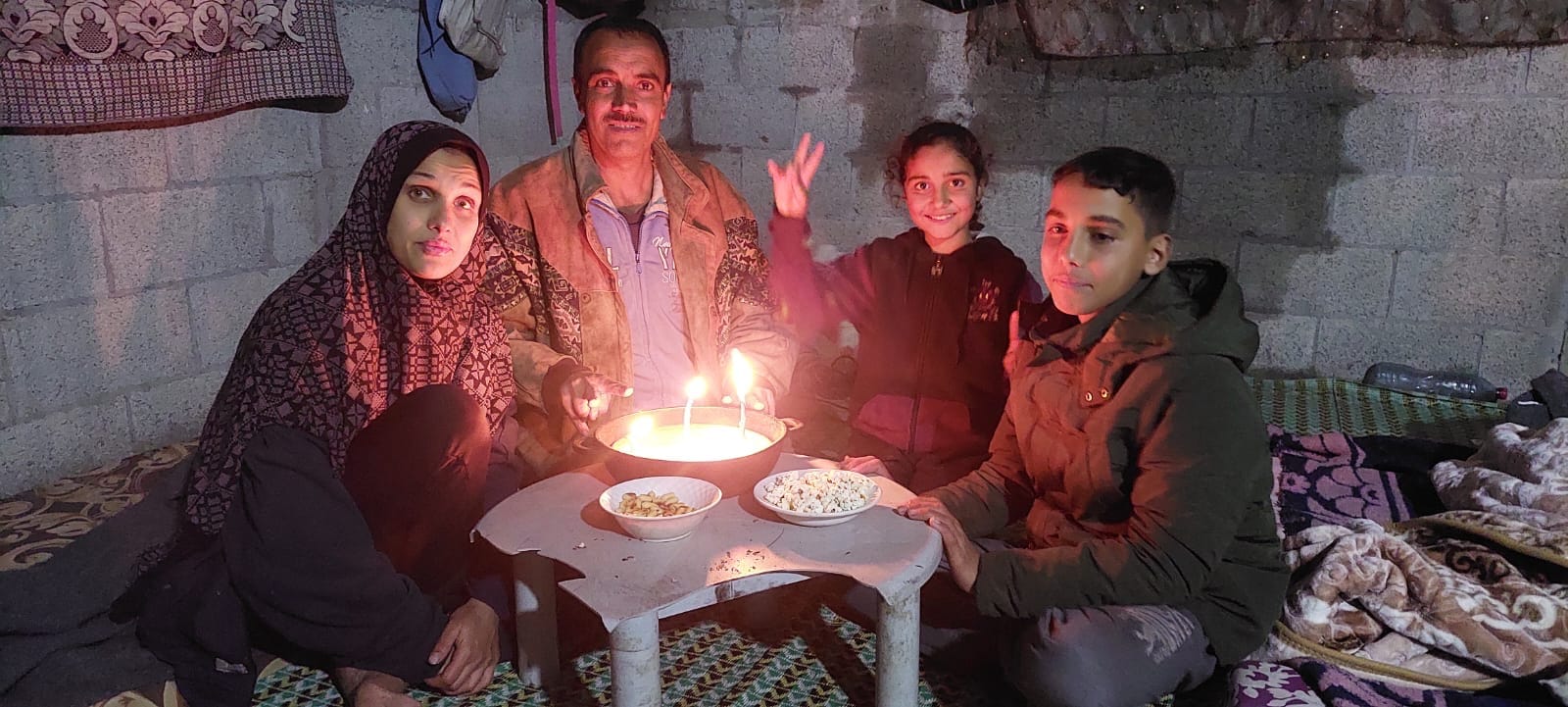
Emily: What do you know about Aotearoa? And do you think our government’s inaction on the genocide has harmed our international reputation?
Dr. Malaka: I know Aotearoa as a country with a proud history of justice and moral courage, from women’s suffrage to the anti-apartheid movement and the nuclear-free stance. That reputation inspired people far beyond your borders, including us in Palestine. But today, your government’s silence on the genocide in Gaza sends a painful message. It weakens New Zealand’s standing as a nation that defends human rights, regardless of political pressure, and risks placing it on the wrong side of history.
The people of Gaza, and the world, are watching, and we need Aotearoa to rediscover that same courage it has shown in the past.
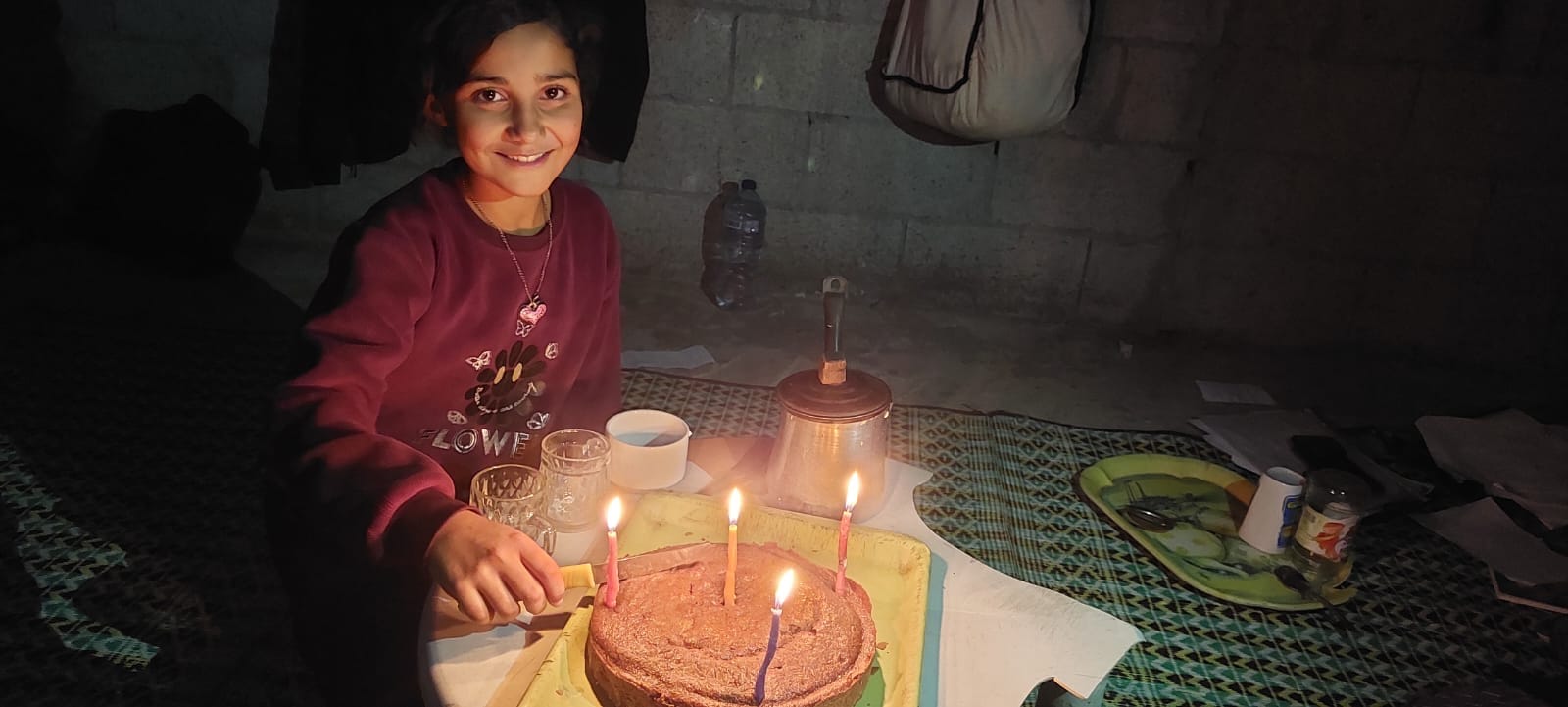
Emily: Thank you Dr. Malaka for your courage, humanity, and pātai. Here's Dr Malaka's piece. Thank you to paid subscribers for supporting this kaupapa of commissioning Palestinian journalists and researchers.
What can Aotearoa learn from Ireland?
By Dr. Jehad Malaka, Gaza
Before leaving rule after 11 years in power, Irish President Michael D. Higgins did not forget Palestine and the genocide carried out by the occupying state of Israel.
He stressed the need for the international system to implement the principle of legal accountability against a state committing such crimes, through the mechanism of Chapter VII of the UN Charter.
Chapter VII of the UN Charter is titled “Action with Respect to Threats to the Peace, Breaches of the Peace, and Acts of Aggression.”
It gives the UN Security Council the authority to:
- Determine the existence of any threat to peace, breach of peace, or act of aggression (Article 39).
- Decide on measures not involving the use of armed force, such as sanctions, interruption of economic/transport/communications, and severance of diplomatic relations (Article 41).
- Authorise the use of armed force to maintain or restore international peace and security (Article 42).
President Higgins’s call coincided with the UN report on famine in Gaza, which requires international action to confront it.
This call has opened a new path after 688 days of ongoing genocidal war on Gaza, within the framework of recognised legal legitimacy, moving away from reliance on vague or unknown routes.
The importance of President Higgins’s call lies both in its timing and its content: it comes on the threshold of the opening session of the UN General Assembly, where a report on famine will be presented, classifying it as a form of war crime.
This comes in addition to a large body of supporting documents issued by international institutions, including the UN Human Rights Council, Amnesty International, and signals from the International Criminal Court.
Dealing with Higgins’s call as a practical proposal could become part of the outcomes of the International Alliance Conference for the “Two-State Solution” and be submitted as a document to the General Assembly.
This is timely, as it seems as if the world has reached a stage of general disgust with the actions of the State of Israel.
This is not only due to its crimes of genocide and ethnic cleansing, but also due to its unprecedented arrogance, believing that American guardianship is enough to protect it and prevent any practical steps that would force it to pay the price.
To date, Arab regimes, along with the Palestinian leadership, have not taken any concrete action that could be described as punitive measures against the genocidal, ethnic-cleansing state.
Their responses have been limited to vague appeals for unknown actors to act in unknown ways.
Even worse, some provide support, openly or secretly, to the occupying state, far removed from the hollow statements circulated in the media.
Without drowning in political blame or questions of why and how, the Irish President has opened the door to changing the logic of accountability.
By holding a rogue state to account in the fullest sense, they have provided a new option for all countries - including Aotearoa.
After Israel’s Prime Minister Benjamin Netanyahu openly admitted his expansionist goal under the banner of “Greater Israel”, we are at another crucial junction. The world simply must act.
This plan for further occupation and genocidal action exposed the core of the dominant Zionist ideology – the war on Gaza is not about security or hostages, but a war designed to establish a fundamentalist Zionist system across all of Palestine, and wherever else politics allows.
Israeli minister Amichai Chikli confirmed this in Netanyahu’s government, launching a new global public relations initiative to "bolster the legitimisation of settlements" in the international arena.
Preparing a general political project to reign in the State of Israel under Chapter VII of the UN Charter is a crucial strategic step if genuine legal accountability is sought.
The Irish President’s warning was not in ignorance.
Reviving Chapter VII to pursue the occupying state is not a matter of Political luxury; it is a weapon of political necessity.
It requires a position that is neither trembling nor complicit, from all those who believe in human rights and in the urgent need to stop the war on Gaza. It needs Aotearoa too.
The tools for action - Palestinian, Arab, and international - are many. We just need the will to turn them into a precise working method, away from hesitation, fear of American reactions, or gambling on shifts in U.S. policy.
Realistic, precise calculations and consideration of measured risks are essential to stir stagnant waters.
Aotearoa can learn from Ireland and lead with them. When Gaza is declared a “famine zone,” it is not only a stain on Israel’s forehead, but a disgrace on the forehead of a world that claims to be civilised yet allows an entire people to be exterminated through starvation.
This is the moment of truth for all countries. Either the international community rises to enforce aid and save lives, or it writes with its own history. A history that is one of complicity in the crime of the century.
